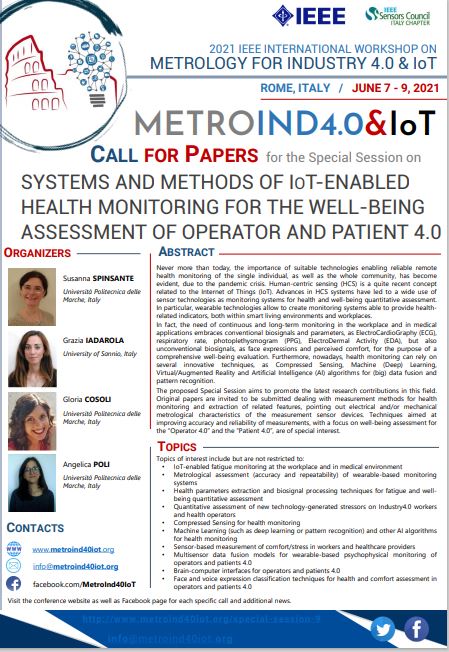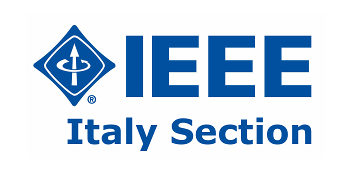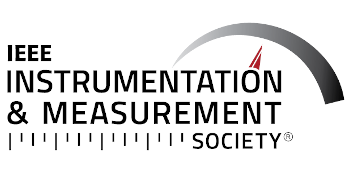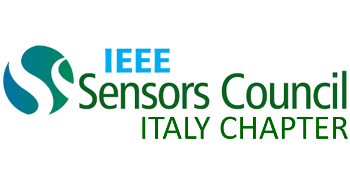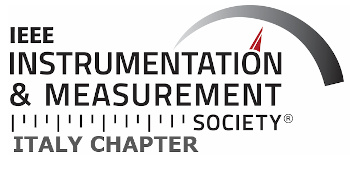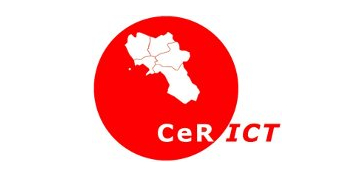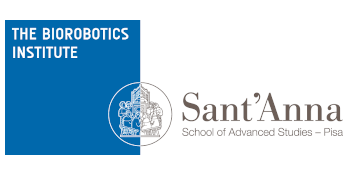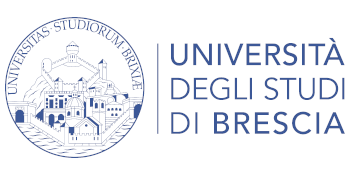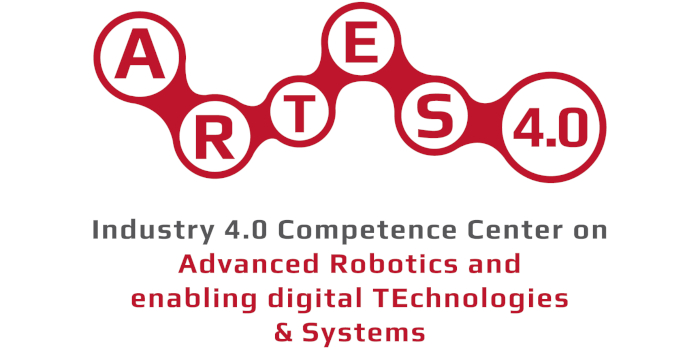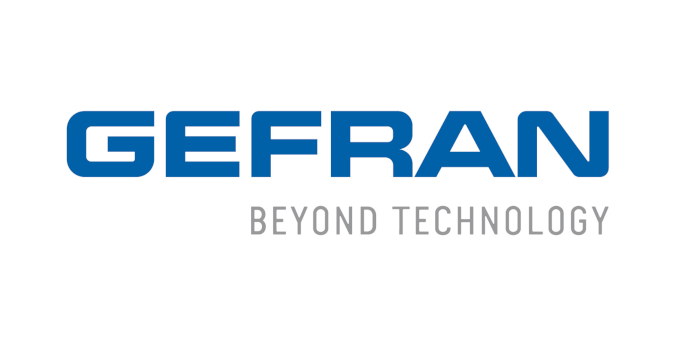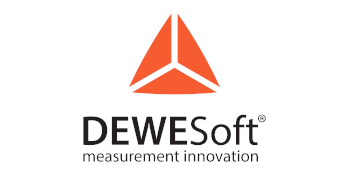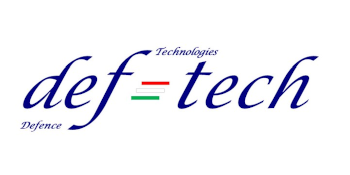Systems and Methods of IoT-Enabled Health Monitoring for the Well-Being Assessment of Operator and Patient 4.0
ORGANIZED BY
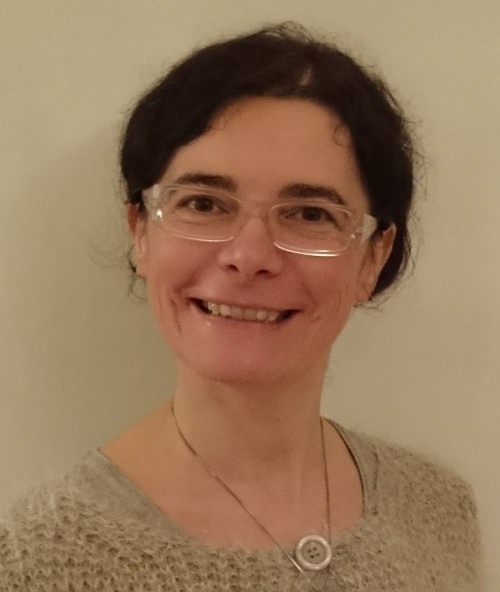
Susanna Spinsante
Università Politecnica delle Marche, Italy
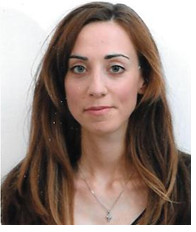
Grazia Iadarola
University of Sannio, Italy

Gloria Cosoli
Università Politecnica delle Marche, Italy
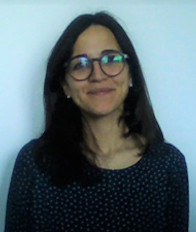
Angelica Poli
Università Politecnica delle Marche, Italy
ABSTRACT
Never more than today, the importance of suitable technologies enabling reliable remote health monitoring of the single individual, as well as the whole community, has become evident, due to the pandemic crisis. Human-centric sensing (HCS) is a quite recent concept related to the Internet of Things (IoT). Advances in HCS systems have led to a wide use of sensor technologies as monitoring systems for health and well-being quantitative assessment. In particular, wearable technologies allow to create monitoring systems able to provide health-related indicators, both within smart living environments and workplaces.
In fact, the need of continuous and long-term monitoring in the workplace and in medical applications embraces conventional biosignals and parameters, as ElectroCardioGraphy (ECG), respiratory rate, photoplethysmogram (PPG), ElectroDermal Activity (EDA), but also unconventional biosignals, as face expressions and perceived comfort, for the purpose of a comprehensive well-being evaluation. Furthermore, nowadays, health monitoring can rely on several innovative techniques, as Compressed Sensing, Machine (Deep) Learning, Virtual/Augmented Reality and Artificial Intelligence (AI) algorithms for (big) data fusion and pattern recognition.
The proposed Special Session aims to promote the latest research contributions in this field. Original papers are invited to be submitted dealing with measurement methods for health monitoring and extraction of related features, pointing out electrical and/or mechanical metrological characteristics of the measurement sensor devices. Techniques aimed at improving accuracy and reliability of measurements, with a focus on well-being assessment for the “Operator 4.0” and the “Patient 4.0”, are of special interest.
TOPICS
Topics of interest include but are not restricted to:
- IoT-enabled fatigue monitoring at the workplace and in medical environment
- Metrological assessment (accuracy and repeatability) of wearable-based monitoring systems
- Health parameters extraction and biosignal processing techniques for fatigue and well-being quantitative assessment
- Quantitative assessment of new technology-generated stressors on Industry4.0 workers and health operators
- Compressed Sensing for health monitoring
- Machine Learning (such as deep learning or pattern recognition) and other AI algorithms for health monitoring
- Sensor-based measurement of comfort/stress in workers and healthcare providers
- Multisensor data fusion models for wearable-based psychophysical monitoring of operators and patients 4.0
- Brain-computer interfaces for operators and patients 4.0
- Face and voice expression classification techniques for health and comfort assessment in operators and patients 4.0
ABOUT THE ORGANIZERS
Susanna Spinsante is currently a Tenure Track Assistant Professor in Electrical and Electronic Measurements at the Information Engineering Department (DII) of Università Politecnica delle Marche. She received her PhD in Electronics and Telecommunications Engineering in 2005 from the same University, where she spent several years working in signal processing for telecommunications and video applications. Since 2012 her research interests are focused on the use of ambient (RGB-D) and wearable sensors for the extraction of measurement signals applied to human monitoring, motion-related measurements, action recognition, and Active and Assisted Living. She co-authored more than 190 papers in international peer reviewed journals and conference proceedings. She currently leads a DII Research Unit in two co-funded projects, from AAL JP and MYBL JP, focused on the use of RGB-D and wearable sensors for human lifelogging and activity classification. She is a Senior Member of the IEEE since 2013, member of the IEEE Instrumentation and Measurement Society, IEEE Signal Processing Society, GMEE, and CNIT. She is currently the Chair of the “RGB-D Sensors” technical committee of the IEEE Sensors Italy Chapter.
Grazia Iadarola received (cum laude) both the Bachelor’s degree in Telecommunications Engineering and the Master’s degree in Electronic Engineering, from University of Sannio, Italy, in 2013 and in 2015, respectively. She received the Ph.D. degree in Information Technologies for Engineering in 2019 from University of Sannio, where she is currently a postdoctoral research assistant at Laboratory of Signal Processing and Measurement Information, Department of Engineering. Her research interests include signal processing from sub-Nyquist sampling, characterization and testing of data converters, electronic circuit modeling, reconstruction based on compressed sensing, as well as their applications to telecommunications and biomedical instrumentation. She published more than 15 papers on international journals and national and international conference proceedings.
Gloria Cosoli received the B.S. degree in Biomedical Engineering (with honors) and the M.S. degree in Electronic Engineering (with honors) from Università Politecnica delle Marche (UNIVPM), Ancona, Italy, in 2011 and 2013, respectively. She received the Ph. D. degree in Mechanical Engineering from the same university in 2017 with a thesis titled “Study and Development of a Novel Radio Frequency Electromedical Device for the Treatment of Peri-Implantitis: Experimental Performance Analysis, Modelling of the Electromagnetic Interaction with Tissues and In Vitro and In Vivo Evaluation”. Since November 2016 to date, she has been a Postdoctoral Research Fellow with the Department of Industrial Engineering and Mathematical Sciences (DIISM) of UNIVPM. Her research interests focus on non-invasive physiological measurements and monitoring techniques, thermal and mechanical measurements, non-destructive monitoring techniques, numerical modelling, and signal processing.
Angelica Poli was born in San Benedetto del Tronto, Italy, in 1993. She received the Master degree in Biomedical Engineering at Università Politecnica delle Marche, Ancona, Italy, in 2019. She started her Ph.D in Electronic Instrumentation and Measurements in 2019 at the Information Engineering Department (DII) of the same university. Her research is focused on automatic processing and assessment of human biometric measurement data, signal processing, wearable monitoring systems and the evaluation of accuracy in the recognition of ADLs for lifelogging applications. She is Member of the IEEE Young Professionals, member of the IEEE Instrumentation and Measurement Society, GMEE, and CNIT.

